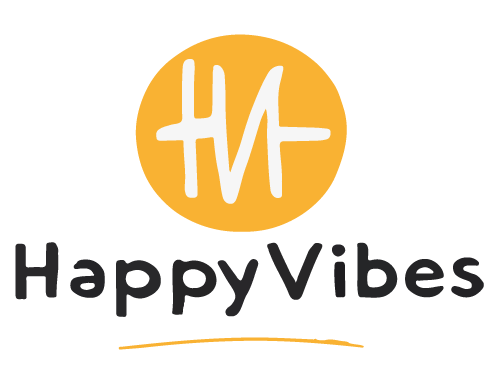Active Listening
Listening is different than hearing. It is the ability to accurately receive & interpret messages in communication process.
How do we listen every day?
Scene 1 :Rakhi is cooking food for dinner. Her son comes to her & says, “Mummy, you know what happened today in school?” He gets no reply from his mother. After pausing for a few moments he again tries to communicate, “Mummy, listen to me na.” Rakhi says annoyingly, “Speak up. I am listening.” Her son utters a few lines & leaves disappointed.
Scene 2 :Shilpa is sitting in college canteen chatting with her boyfriend on mobile. Her friend Rekha comes to her in bad mood. Rekha wants to share her problem with Shilpa. Rekha says, “I am in too much of stress.” Shilpa nods without even looking at her. Suddenly Shilpa starts laughing at something shared by her boyfriend on mobile chat. Rekha feels humiliated & ignored & leaves the place.
Do these scenes look familiar? Do we too communicate this way? YES. Many times.
So, what can we do not to repeat such mistakes & be a good listener?
- Stop talking when somebody else is talking, don’t interrupt/ talk over them/ finish their sentences for them.
- Focus on speaker, avoid distractions.
- Look & act interested.
- Help speaker feels free to speak, encourage by nodding & other gestures.
- Maintain eye contact.
- Listen to tone & volume to understand the emphasis of what is being said.
- Listen for ideas, not just words.
- Watch non-verbal communication – gestures, facial expressions, body language.
- Provide feedback, paraphrase, clarify points, summarize.
- If you are really busy with some important work, tell it honestly & politely to the other person.
- Assert your opinions respectfully.
Effective listening requires concentration and use of other senses too – not just hearing the words spoken. It is a skill that is required for positive human relationships. Let’s spend some time thinking about & developing good listening skills.









Leave feedback about this